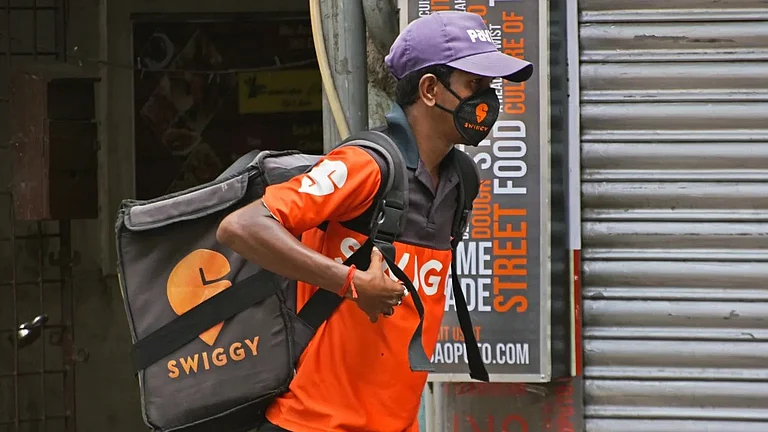
Draft IT Rules seek to combat deepfakes and AI misuse
Platforms must tag synthetic content using visible or audible labels
Applies to major intermediaries like Facebook, YouTube, and Snap
With an aim to tackle the misuse of generative AI and deepfake technologies, the Ministry of Electronics and Information Technology (MeitY) on Wednesday released draft amendments to the Information Technology (Intermediary Guidelines and Digital Media Ethics Code) rules, 2021.
The proposed changes introduce a clear definition of “synthetically generated information” and require platforms, especially significant social media intermediaries, to label such content using metadata and visible or audible markers.
Some significant social media intermediaries (SSMIs) under the IT Rules are platforms with over five million registered users in India, including names like Facebook, YouTube, and Snap, and they are subject to additional compliance requirements under the 2021 rules.
The proposed Rule 3(3) mandates that any platform facilitating the creation of synthetically generated content, such as AI-generated material, must ensure the content is clearly labeled or embedded with a permanent unique metadata or identifier.
According to the rules, the identifier should be visible or audible, “covering at least 10% of the surface area of the visual display or, in the case of audio content, during the initial 10% of its duration”. It also stated that the metadata must not be alterable, suppressed, or removed.
The ministry said platforms that allow the creation or alteration of synthetic content will also need to implement technical measures to identify and disclose AI-generated.
This initiative is part of a wider effort to ensure an “open, safe, trusted, and accountable Internet” while tackling the rising threats of misinformation, impersonation, and election interference fueled by generative AI. MeitY has also invited stakeholder feedback on the draft rules by November 6.
Most-Talked About Deepfakes
In August 2025, a deepfake video of Finance Minister Nirmala Sitharaman touting a scheme to triple investments went viral on Instagram. The video claimed that an initial investment of around ₹21,000 could generate huge returns – up to ₹60,000 daily or as much as ₹10-20 lakh monthly. However, the government’s fact-check unit flagged it as a scam.
In June 2025, a gang of AI-armed scamsters relieved a 79-year-old in Bengaluru of ₹35 lakhs. The bait: deepfaked videos of N. R. Narayana Murthy, deployed to lure her onto a bogus trading site. False profit reports followed, along with invented “financial managers” and escalating fees, until both money and fraudsters vanished. Police say similar videos featuring Murthy and Mukesh Ambani conned two more victims out of ₹95 lakhs in late 2024.
In October 2023, Rashmika Mandanna’s face was grafted onto another woman’s body in a pornographic clip that raced across WhatsApp and Telegram before police traced it to a young engineer. In Assam, influencer Archita Phukan found her likeness forged into an online persona that amassed 1.3 million followers and ₹10 lakh in subscriptions before her ex-boyfriend’s arrest. During the 2024 general elections, a video showed Congress MP Manish Tewari making incendiary speeches in Haryanvi, a language he does not speak. It sped through constituencies before fact-checkers doused it; the source remains elusive.
In December 2023, the former chairman of the Tata Group exposed a deepfake video where he appeared to give fraudulent investment advice. Similarly, a fake video claiming Ambani had launched an AI trading app was circulated, causing financial losses for some individuals before the scam was publicly denied.
These are just some of the deepfake cases that made headlines — and the list keeps growing.

































